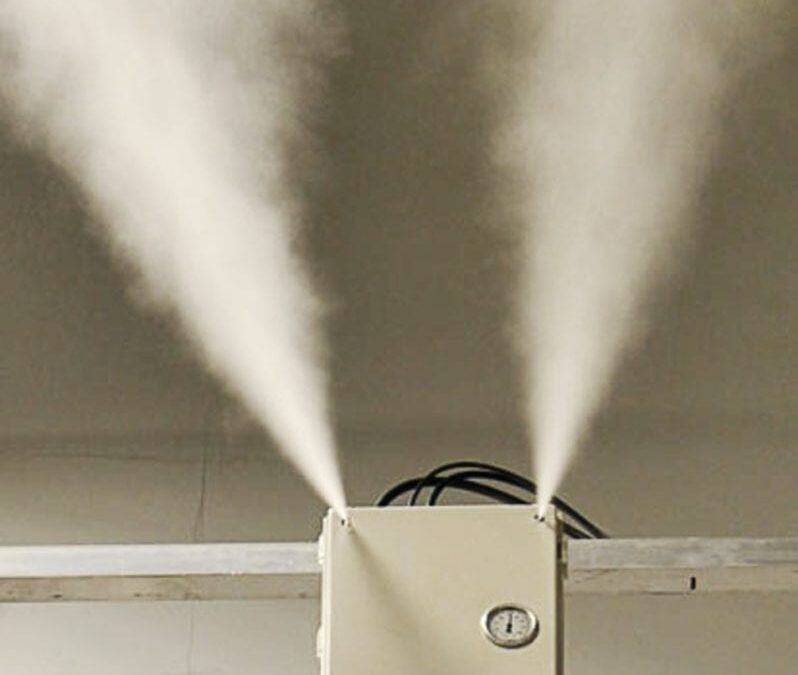While they usually don’t pose an immediate threat to one’s health, nose bleeds are a real nuisance that can impact your normal daily activities. When your nose begins to bleed expectantly, you may be forced to stop what you are doing until the bleeding subsides. Assuming it happens while you are at work, this can translate into a loss of productivity, costing your employer valuable time and money. So, can exposure to dry air cause nose bleeds? And if so, how can it prevented?
The answer to this question is yes, dry air can cause nose bleeds. As noted in an article published by the Mayo Foundation for Medical Education and Research, the two most common causes of nose bleeds include nose picking (gross but true) and exposure to dry air. There are dozens of other potential causes, such as allergies, sinusitis, cold virus, nonallergic rhinitis, physical trauma, and a deviated septum, but the two most common causes of nose bleeds are nose picking and dry air.
How can dry air contribute to nose bleeds? If you were to observe the inside of a human nostril up close, you would notice it contains an array of delicate mucus membranes. These membranes, as the name suggests, are designed to produce mucus, blocking out dust and other impurities from entering the sinus cavity. But when these mucus membranes are exposed to dry air over a prolonged length of time, they themselves become dry – so much that it causes them to crack open; thus, resulting in nose bleeds.
If you think nose bleeds are “normal” without any health risks, think again. They may not cause any need for immediate medical concern, but they can negatively impact a person’s health in several different ways. For starters, blood dripping out of the nostril is a sign of an open wound, and that makes viruses and bacteria can enter your body through these wounds.
You can reduce the risk of nose bleeds by ensuring the relative humidity in your home and workplace remains within the 30-50% range. When it drops below the 30% mark, problems begin to occur, one of which is the potential for nose bleeds. A simple humidifier, such as the ones offered here at www.SmartFog.com, will keep tabs on the relative humidity in the surrounding environment, releasing additional moisture when needed.





